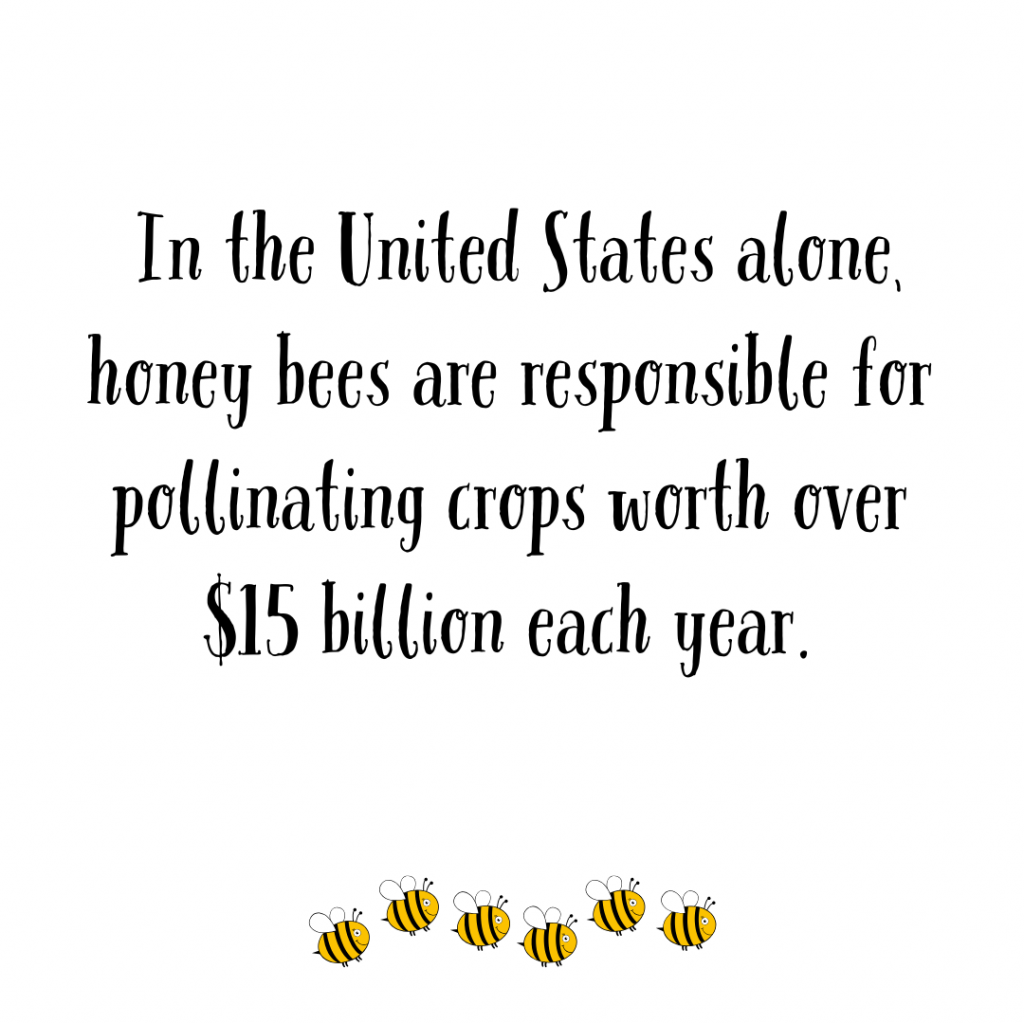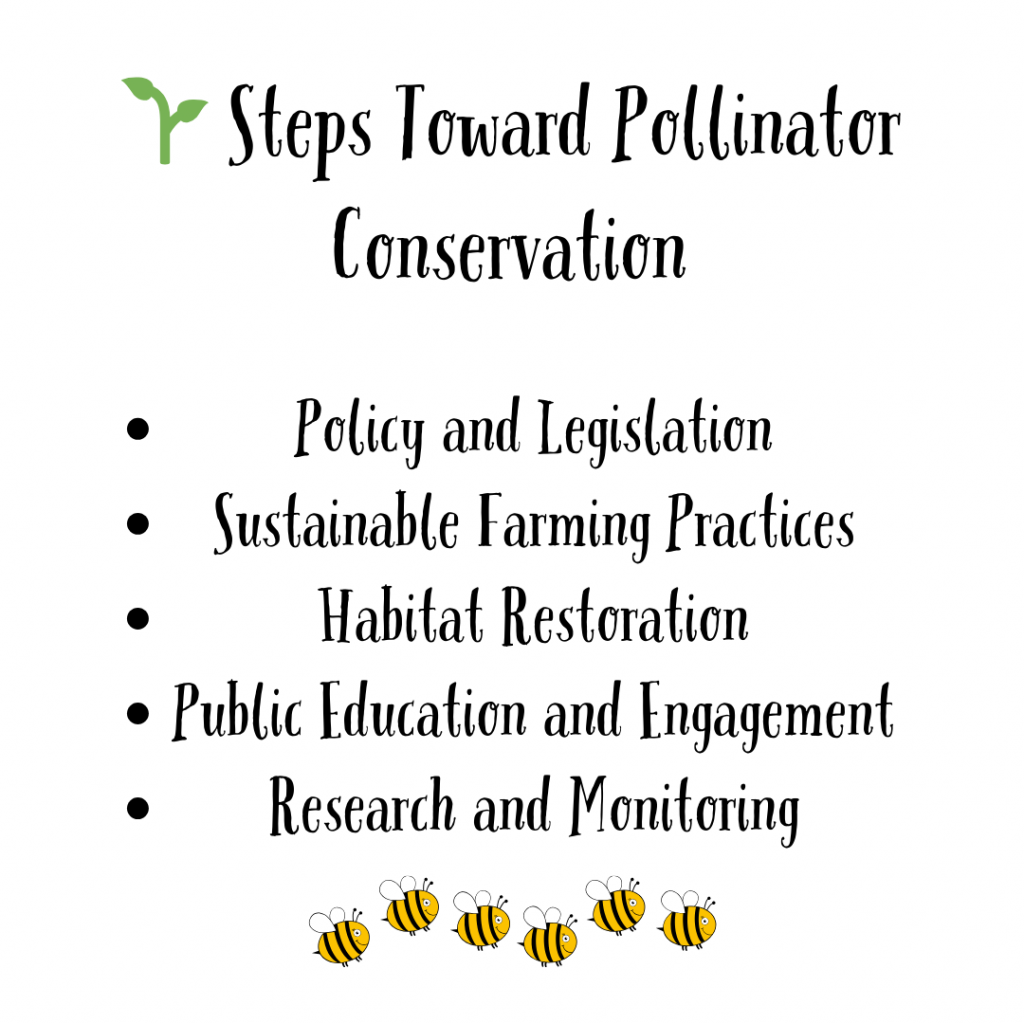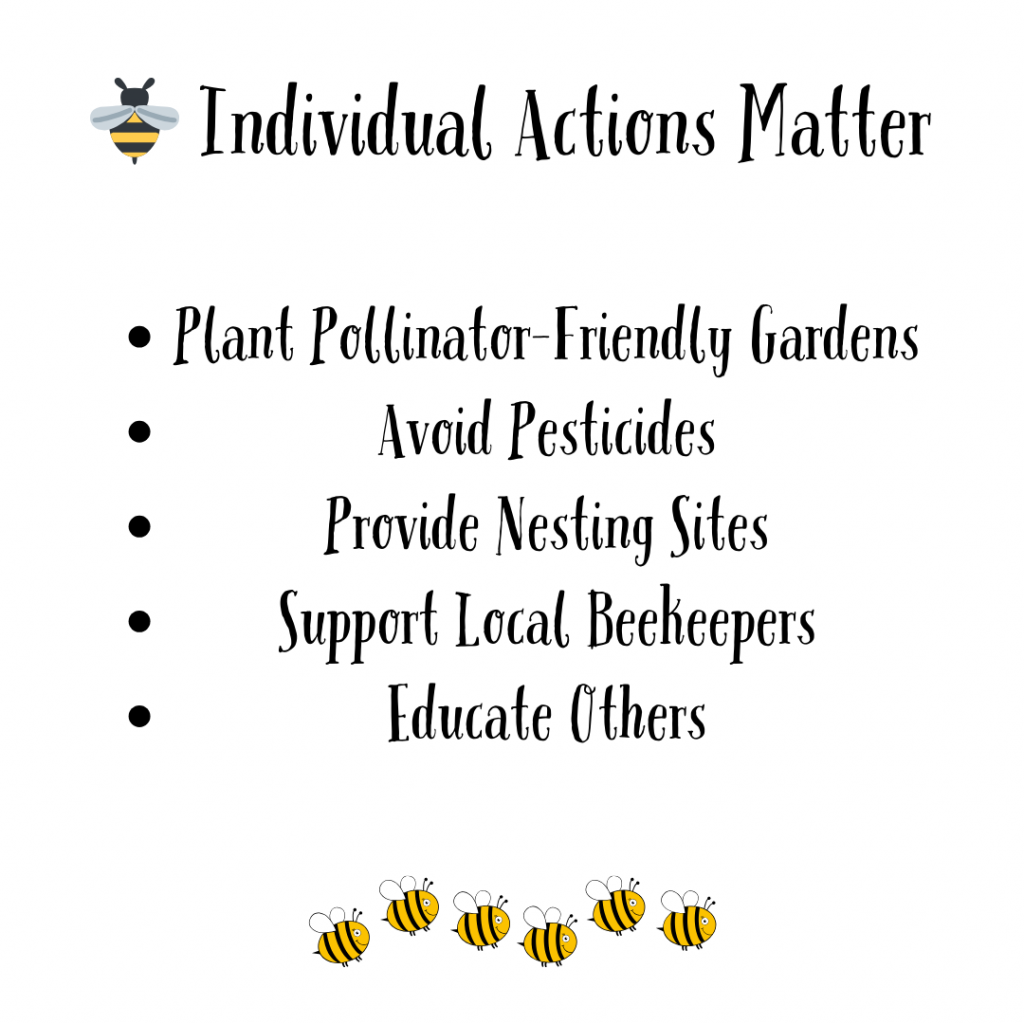
Butter, Noodles, and Kitchen Fun: Upcoming Workshops at Cherry City Honey!
Something delicious is churning at Cherry City Honey! If you’ve ever wanted to try your hand at homemade butter or explore the comforting art of sourdough noodles, we’ve got you covered with some exciting, hands-on classes coming soon.





